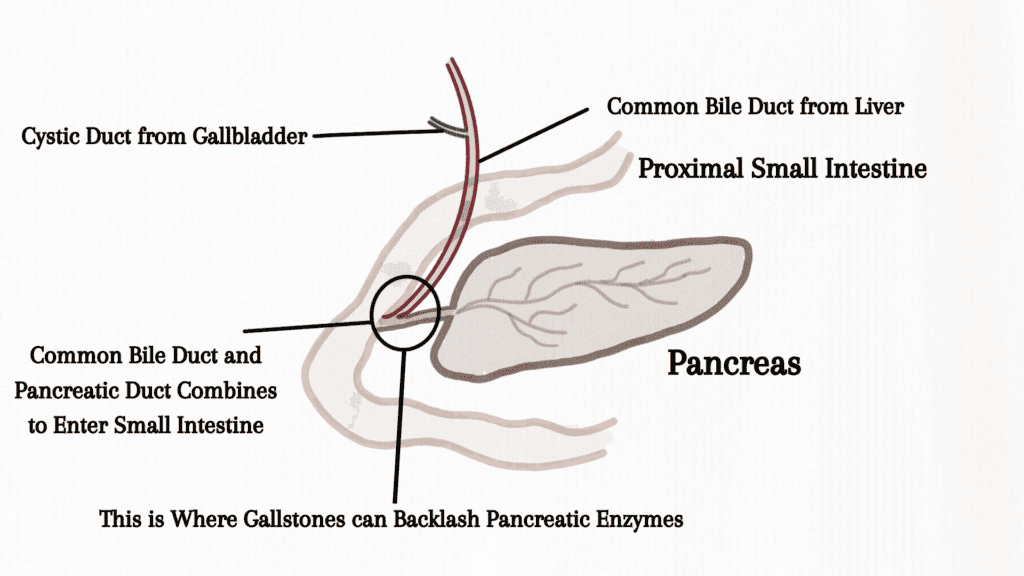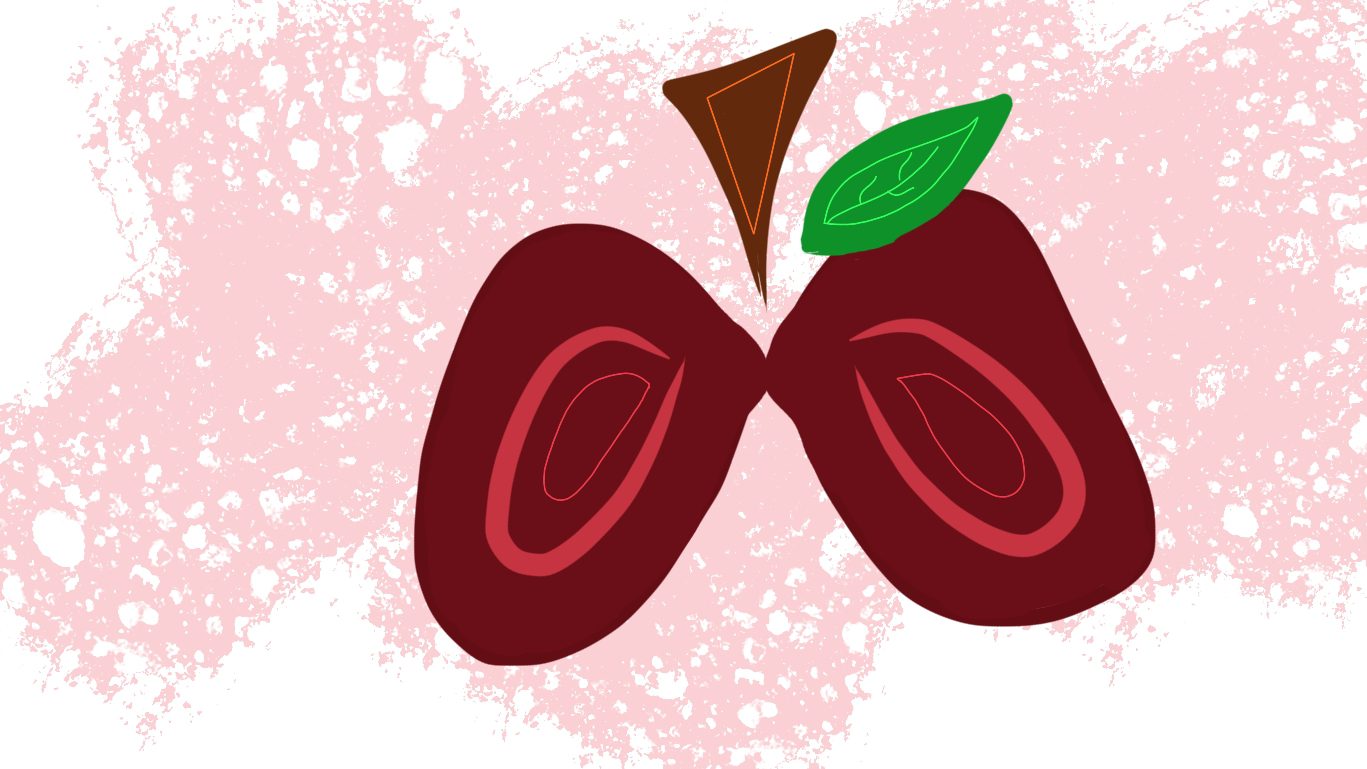Malnutrition drives an individual to face challenges both with physical appearance and internal body soundness. Deprivation of essential vitamins visibly affects hair and skin appearance. It’s common knowledge that a lack of good food triggers malnutrition symptoms. However, detailed medical diagnoses of malnutrition patients show no lack in their food intake. In such scenarios, it becomes out of one’s depth what can be the cause of malnutrition. For such complexities, there is an explanation of other malnutrition reasons besides food scarcity in this blog. Let’s read it out.
Other Reasons For Malnutrition
It’s viable that a person takes enough diet or food resources, but still, it can suffer from malnutrition symptoms. Intestinal inflammation, inefficiency of digestive enzymes, and loss of nutrients through urine or stool can be the leading reasons for malnutrition. In these cases, it would be more appropriate to refer these abnormalities under malabsorption criteria. As such conditions upset the absorption of nutrients from the diet (malabsorption), they indirectly lead to malnutrition.
Gut microbiota contributes to the efficient absorption of nutrients, upholding the wellness of the gut. Medications that interact with gut microbiota, such as antibiotics, can be the cause of concern. Even though antibiotics check harmful bacteria or other microorganisms, but side by side, they can also infiltrate the necessary gut microorganisms. This disruption poses potential threats to the absorption of nutrients.
Any surgical procedure of the gastrointestinal tract that results in bypassing an intestinal portion can affect the absorption of nutrients related to that part. Moreover, certain food intolerances are also the cause of alarm in the case of malnutrition. Lactose and fructose intolerances are the most common food intolerances that arise due to the abnormality or deficiency of their digestive enzymes. Intestinal inflammation, pancreatic enzyme insufficiency, and medications that alter gastric acid secretion profoundly lead to malnutrition. Following is a detailed explanation of these reasons.
Pancreatic Diseases Can Lead to Malnutrition Symptoms
The exocrine pancreas has a very significant role in the digestion of nutrients, which further facilitates their absorption. The pancreas is also liable to many abnormalities, like other vital organs. Pancreatitis (acute and chronic), pancreatic cancer, and pancreatic tumors affect the functioning of the pancreas. In pancreatitis, inflammation can exceed the exocrine part or the acinar cells which are accountable for the production of digestive enzymes.
Similarly, cancer growth can infiltrate the acinar cells or the passageway through which digestive enzymes enter the small intestine. Other than these, some genetic disorders, most commonly cystic fibrosis can be a major threat for pancreatic enzyme insufficiency. In cystic fibrosis of the pancreas, it does not interfere with the production of enzymes, rather thick mucus secretion in the pancreatic duct resists the delivery of enzymes to the gut. Autoimmune conditions can also instigate pancreatitis.
Whatever the underlying reason is, it affects either the production or delivery of pancreatic enzymes to the small intestine. The pancreatic duct meets with the common bile duct at the interjection of the small intestine. If gallstones are present in the common bile duct due to biliary diseases, they also hinder the entry of pancreatic enzymes to the duodenum. These enzymes flash back into the organ which spurs pancreatitis (pancreatic tissue inflammation).

Pancreatic tissues produce amylase, protease, lipase, and bicarbonate ions for the breakdown of large molecules of carbohydrates, proteins, and fats receptively. Bicarbonate ions assist in neutralizing the acidic environment of food when it comes from an acidic stomach. The breakdown of these macronutrients is the focus of the digestive system as they serve the basic roles in the body.
Complications of Malnutrition Due to Pancreatic Enzymes Insufficiency
The insufficiency of the pancreas to break down these macronutrients creates the conditions for malabsorption and malnutrition. Following complications of malnutrition would result due to pancreatic abnormalities.
Carbohydrate Indigestion: Carbohydrates have the greatest ratio in our diet intake. They provide the basal metabolic fuel for the body. Insufficiency of amylase for carbohydrate digestion lets them pass through intestines undigested and evict them from the body. Undigested carbohydrates cause abdominal discomfort and bloating due to their fermentation. Alternations in gut microbiota or even normal microbiota entrap the undigested carbohydrates and let them fermentate in the intestinal portions. This fermentation can result in gas production, leading to psychological dissatisfaction and bloating. Moreover, it deprives the body of basal metabolism fuel; glucose. Glucose is the last product of carbohydrate metabolism. Lack of glucose in the blood causes hypoglycemic symptoms and low energy levels.
Protein Indigestion: Protease enzyme insufficiency can deprive the body of essential amino acids which can only be obtained through diet. Even a person takes them, but the inability to break down dietary proteins leads to malnutrition. Amino acids are needed for the soundness of enzymes, muscle, skin, hair, nails, etc. Lack of protein-digesting enzymes has visible effects on the hair and skin smoothness. Muscle integrity also suffers a lot in protein Indigestion. Growth hormones are mostly proteinaceous in composition, lack of amino acids for their synthesis also interferes with the growth patterns.
Fat Indigestion: Fat digestion suffers the most due to lipase insufficiency. Proteins can also be digested in the stomach by the action of pepsin. But, fat digestion is the responsibility of lipase and bile acids. In biliary diseases, gallstone formation affects both the secretion of bile and lipase into the small intestine. Fat-soluble vitamins (Vitamins A, B, E, and K) need fat digestion products for their absorption into the intestines. Fat digestion products, in the presence of bile, form micelles. Micelles attract fat-soluble vitamins and assist their absorption. The deficiency of these vital vitamins has many potential effects on health. These vitamins are essential for normal body functions such as vision perception, muscle and bone structure, blood clotting process, etc. Moreover, fat indigestion causes bulky and fatty stools. Fatty, greasy stools (steatorrhea) have a very bad odor and lead to psychological disturbances.
As bicarbonate ions cannot neutralize proximal portions of the small intestine in the pancreatic duct obstruction or other pancreatic diseases, high acidic content in the small intestine causes inflammation and severe abdominal pain or burning sensations. The inability of the pancreas to deliver these vital enzymes into the small intestine elicits severe malnutrition symptoms as almost no nutrient is getting absorbed into the bloodstream.
Intestinal Wall Inflammations Can Lead to Malabsorption of Nutrients
Inflammation of intestinal walls most commonly occurs in Inflammatory Bowel Diseases (IBD) and Irritable Bowel Syndrome (IBS). Both of these conditions do not have prominent causes but genetic predisposition, autoimmune conditions, psychological factors, and side effects of some medicines. In IBD, the formation of ulcers and high permeability of intestinal walls can cause the loss of nutrients. Inflammation of intestinal walls meddles with the absorptive efficiency of intestines. Inflammation in the intestines results in the loss of absorptive area for nutrient absorption. The formation of fistulas in IBD due to inflammation further impacts the regular route of food along the intestines.
According to a study (2019) published in the Journal of Gastroenterology and Hepatology (JGH);
In a study focusing on malnutrition and quality of life among adult IBD patients, it was found that malnutrition affects a substantial portion of individuals with IBD, highlighting the importance of addressing nutritional deficiencies in this population.
IBS has somewhat different effects on malabsorption. Alterations in gut motility bring diarrhea and constipation into discussion. Diarrhea is the notorious cause of malnutrition as it allows a good quantity of nutrients to remain in the diet. Too fast drive of food in boosted gut motility reduces the time for nutrient absorption in the intestines. Furthermore, low threshold sensitivity of pain and discomfort in the intestines impacts the gut-brain connection. Intestinal viscera becomes hyper-sensitive to inflammatory, pain, and infectious signals. It also becomes more liable to mild bacterial infections. Despite that, some foods can play a role in triggering IBD and IBS.
Foods that contain high gluten content, high quantities of FODMAPs, and unhygienic food can elicit inflammation in intestinal walls. Inflammation, caused by one reason or another has adverse effects on the absorption of nutrients and gives rise to malnutrition.
Medications That Can Lead to Malnutrition
Although there can be many examples in this aspect that interfere with the absorption of nutrients, our main focus is on proton pump inhibitors. These medicines are used for lowering stomach acidity by managing gastric secretions. No doubt, these medicines are helpful in managing the conditions for preventing stomach ulcers or hyper gastric acid secretions. However, these medicines can lead to malnutrition. Let’s discuss this in detail.
Gastric acid has a very focal role in protein digestion. Apart from protein digestion, gastric acid also aids in the absorption of some vitamins and minerals from food. It does so through solubilizing minerals by providing an acidic medium. Vitamin B12, minerals which extract calcium and magnesium owe to the gastric acid secretions for their extraction and absorption into the bloodstream. The use of proton pump inhibitors can affect the absorption of these nutrients. What’s more, the acidic environment of the stomach is very beneficial in preventing the growth of microorganisms inside the stomach cavity. Proton pump inhibitors cause a rise in stomach pH, thus allowing the outgrowth of bacteria and other microorganisms inside the stomach.
Another way, the use of proton pump inhibitors augments the harmful microorganisms population in the gut is by tolerating them in the ingested food. Usually, when food reaches the stomach, a strong acidic environment kills the germs and other microbodies. But, in the case of low stomach acidity, they can remain intact in the food and consistently pass through the stomach, intestinal walls, and rectum, potentially affecting all these organs. The presence of microorganisms in the gut which are not as healthy as the gut microbiota, interfere with nutrient absorption. Most of them act as parasites and compete for the nutrients. In such ways, a person despite eating a balanced diet can suffer from malnutrition.
Conclusion
Now, it becomes self-evident that dietary insufficiency is not the only cause of malnutrition. Many other reasons can make a person weak and feeble, even if he is taking appropriate nutrient content. If you are experiencing any such symptoms of malnutrition, despite having a normal diet, it is compulsory to consult a doctor or health care professionals. Occult malnutrition due to malabsorption is more critical than malnutrition from dietary insufficiency.





Thanks for sharing. I read many of your blog posts, cool, your blog is very good.